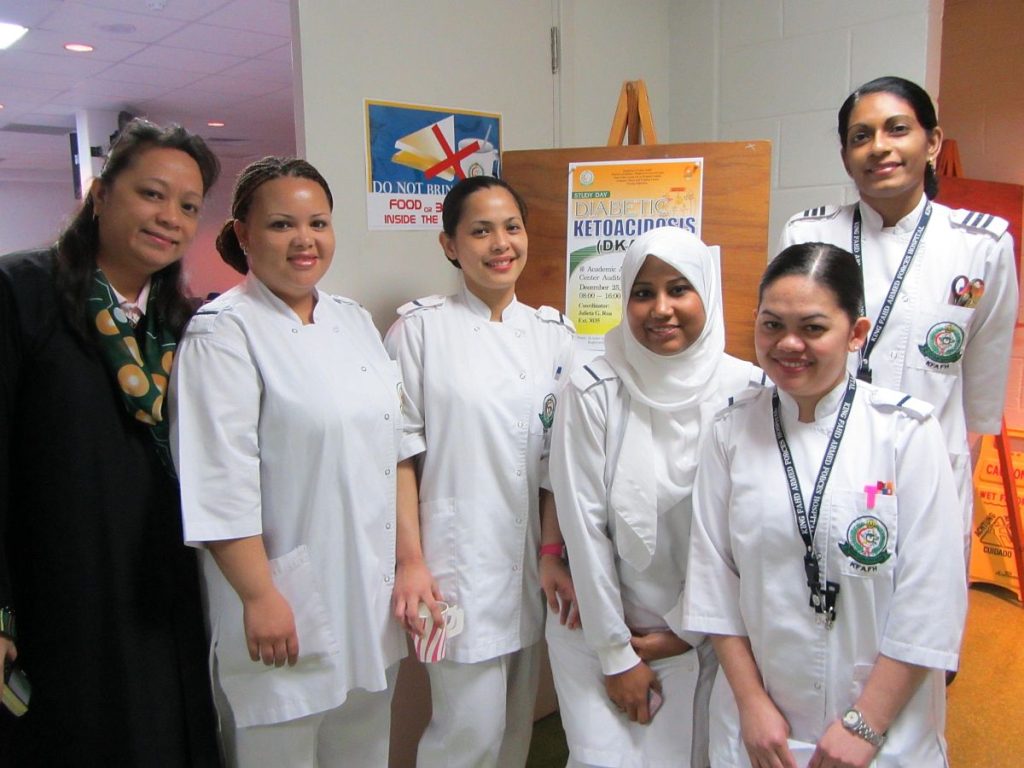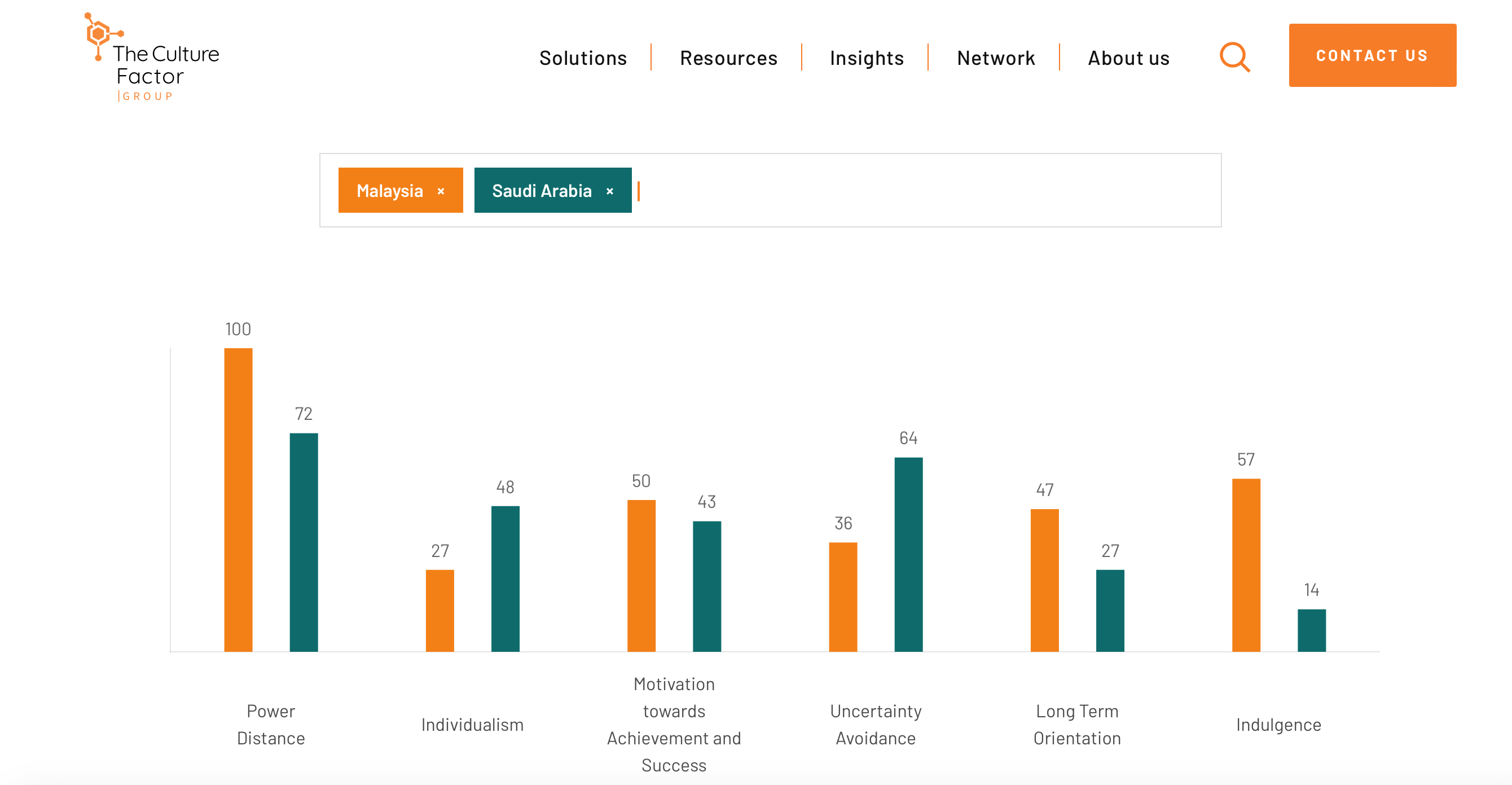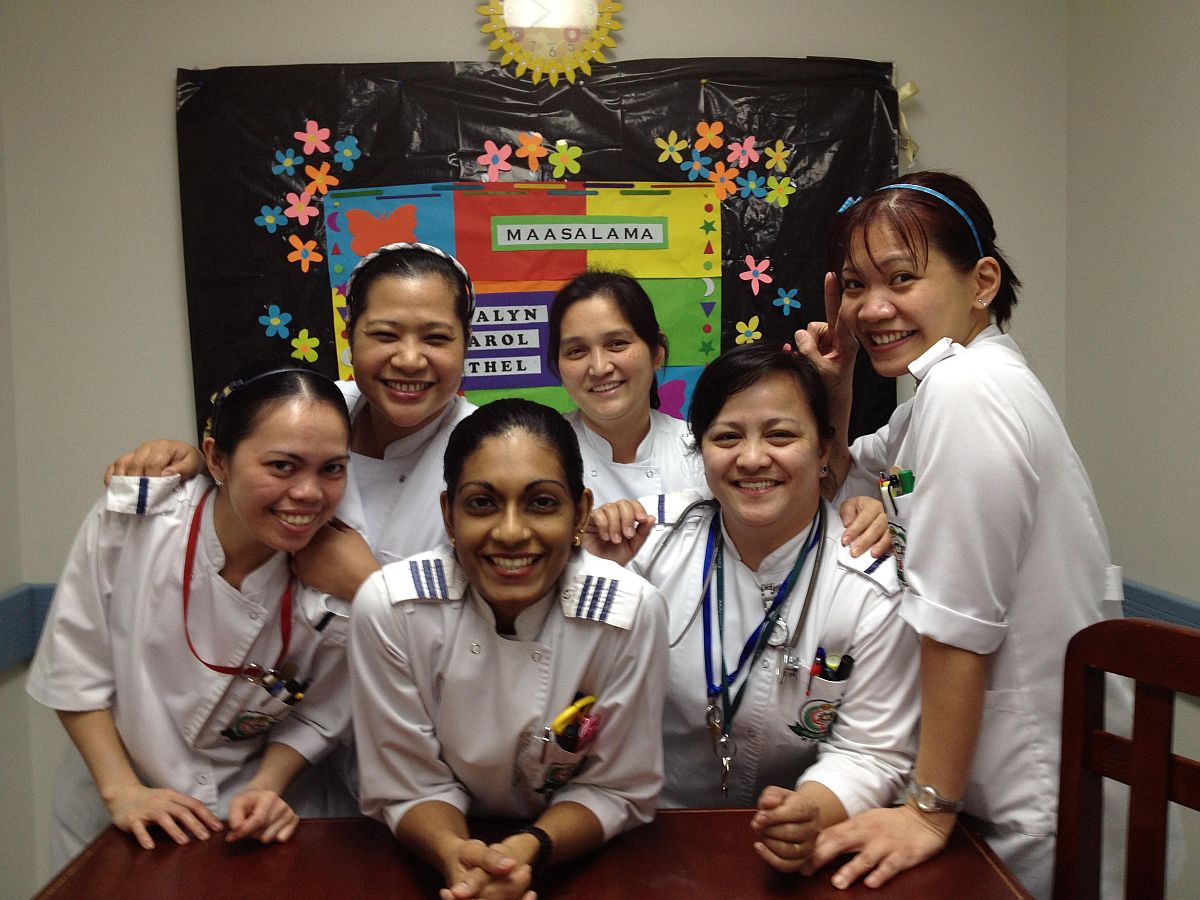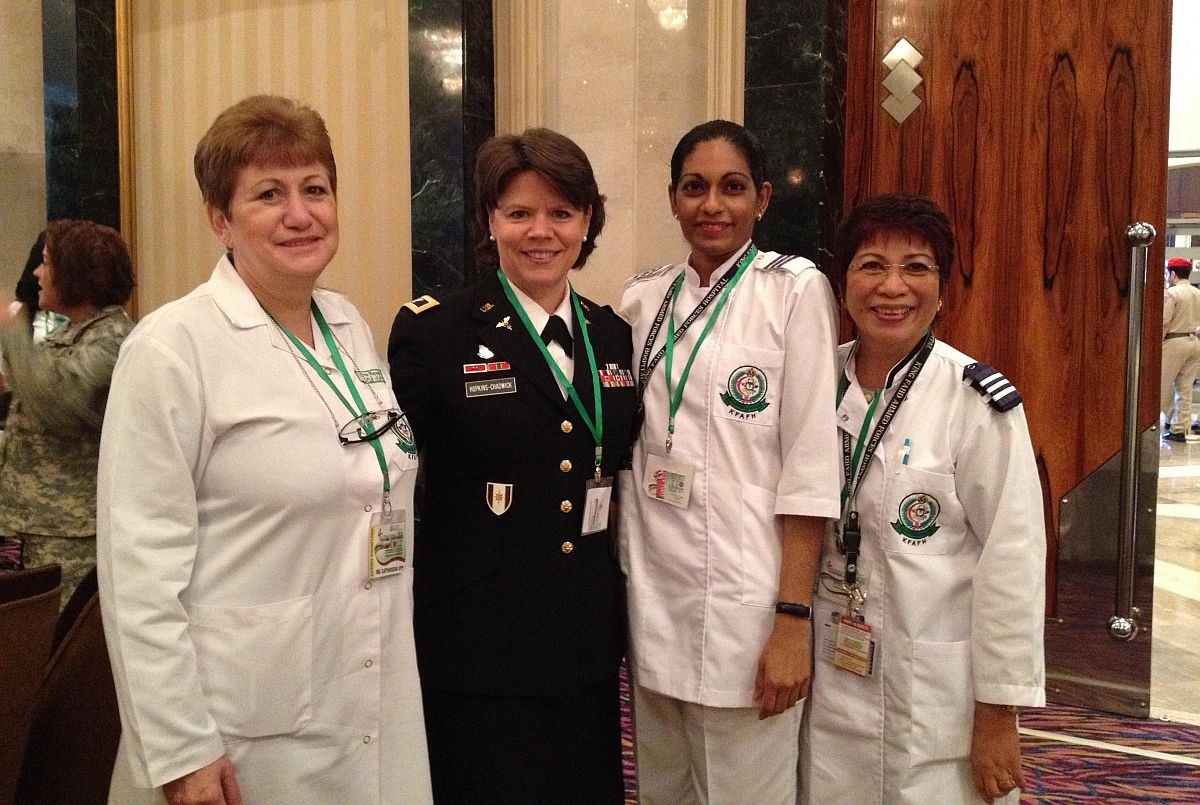As a senior ICU nurse in a multidisciplinary ICU at a private hospital in the Klang Valley, I found myself confronted with a challenging situation.
Following the arrival of a Head Nurse (HN), whom I had previously worked with in another private hospital, our dynamic shifted. Initially, our rapport was amicable, but over time, her demeanour changed, veering towards suspicion and paranoia.
I became aware of her unfounded concerns that I was undermining her within the unit, even going so far as to question colleagues and doctors about my supposed actions. It was disheartening to witness how my HN’s insecurities manifested in her treatment towards me.
Not only did she unfairly target me, but she also routinely singled me out whenever issues arose in the unit, unfairly placing blame without evidence.
Despite never receiving credit from my HN, I maintained my position due to strong relationships with physicians and fellow nurses. However, the toxic atmosphere eroded the joy I typically derive from my work, tarnishing what should have been a fulfilling professional environment.
Amidst this turmoil, an unexpected opportunity arose. A chance encounter with a former Director of Nursing (DON) from a military hospital in Jeddah opened doors to a new beginning in Saudi Arabia.
Despite my initial reservations, I accepted a position as a HN in a medical unit, driven by the toxic atmosphere I sought to leave behind.
In Saudi Arabia, despite accruing 16 years of nursing experience, I embarked on my inaugural management role within the nursing profession.
This transition coincided with the culmination of my nursing degree, where emphasis was placed on cultivating problem-solving and decision-making skills integral to leadership, management, and nursing education.
Fortunately, I found myself under the guidance of a transformational South African Nurse Manager (NM), with whom I shared an immediate rapport.

Despite our prior lack of direct collaboration, my NM recognised my expertise while candidly acknowledging her own limited experience in inpatient settings. We mutually agreed to collaborate closely, leveraging our respective strengths to enhance nursing quality within the unit.
Under her supportive leadership, I was empowered to manage the unit autonomously, with ample opportunities to propose innovations and advocate for changes in practice.
I implemented several initiatives in my unit that were subsequently adopted across all nursing units in the hospital. Our partnership fostered a dynamic environment where ideas were exchanged freely, facilitating my acquisition of nursing quality assurance techniques while affording my NM insights into the nuances of inpatient nursing, distinct from her background in primary care.
After three years of diligent effort and collaboration, I attained the position of NM, a testament to the growth and development fostered within the unit under our shared leadership.
My decision to leave Malaysia illuminates underlying challenges within the nursing field. Throughout my decade-long tenure in Malaysia, I remained at the level of a senior nurse.
In stark contrast, my time in Saudi Arabia saw me rise through three promotions without actively seeking them, as opportunities presented themselves readily.
While in Malaysia, I diligently pursued advancement, driven by a desire to remain close to my young children. However, not only did promotional prospects fail to materialise, but I also encountered bullying, likely stemming from my superiors’ insecurities.
Malaysia’s high score on the power distance dimension, in comparison to Saudi Arabia, underscores a societal acceptance of hierarchical structures without question.

This cultural disparity significantly impacts workplace dynamics, with Malaysian hospital settings often stifling innovation and hindering bottom-up leadership initiatives.
Conversely, the more inclusive environment in SA, possibly influenced by its diverse workforce, fosters greater opportunities for collaboration and advancement.
Returning Malaysian nurses with international experience should not be perceived as a challenge to established hierarchies. Instead, Malaysia should acknowledge the invaluable wealth of knowledge, skills, and experience these nurses bring back home.
It’s not merely about pursuing prestigious positions; rather, it’s about cultivating a supportive work environment that values ideas and embraces inclusivity.
Their insights and perspectives should be embraced, as there’s a risk that these nurses may seek international employment again if their contributions are not valued.
Therefore, Malaysia should capitalise on the expertise of returning nurses to enrich the healthcare sector and foster professional growth within the country.
When I first ventured into working in Saudi Arabia, my curiosity led the way, but soon financial considerations became a primary driver, aiming to better provide for my family. Despite the challenges of enduring 12-hour shifts and being away from loved ones, the substantial salaries and annual bonuses made the sacrifices worthwhile.
The workload in Saudi Arabia was undeniably heavier, but with my initial goals in mind, perseverance eventually led to improvement. Working amidst an international workforce presented its own set of challenges, particularly in communication due to cultural differences. However, I remained committed due to the financial stability it offered and the ability to support my family more effectively.
Money serves as a significant motivator and incentive, and Malaysia must take note, recognising the need for enhanced efforts to retain nurses within the country. By addressing financial considerations and creating a more supportive work environment, Malaysia can better retain its nursing talent and foster a thriving health care sector.

As the health care landscape continues to evolve, we in Malaysia must adapt by embracing a culture of openness and collaboration. In the end, it’s not just about retaining talent; it’s about creating a vibrant and dynamic healthcare ecosystem where every nurse can thrive and make a meaningful impact.
It is time for Malaysia to recognise and celebrate the contributions of its nurses, both at home and abroad, and to pave the way for a brighter future for healthcare in the country.
As I aptly put it, “Nurses are beyond borders”. It’s time for health care institutions to acknowledge and harness the wealth of talent that transcends geographical boundaries.
Sandra Laxmana is a Malaysian nurse.
- This is the personal opinion of the writer or publication and does not necessarily represent the views of CodeBlue.




